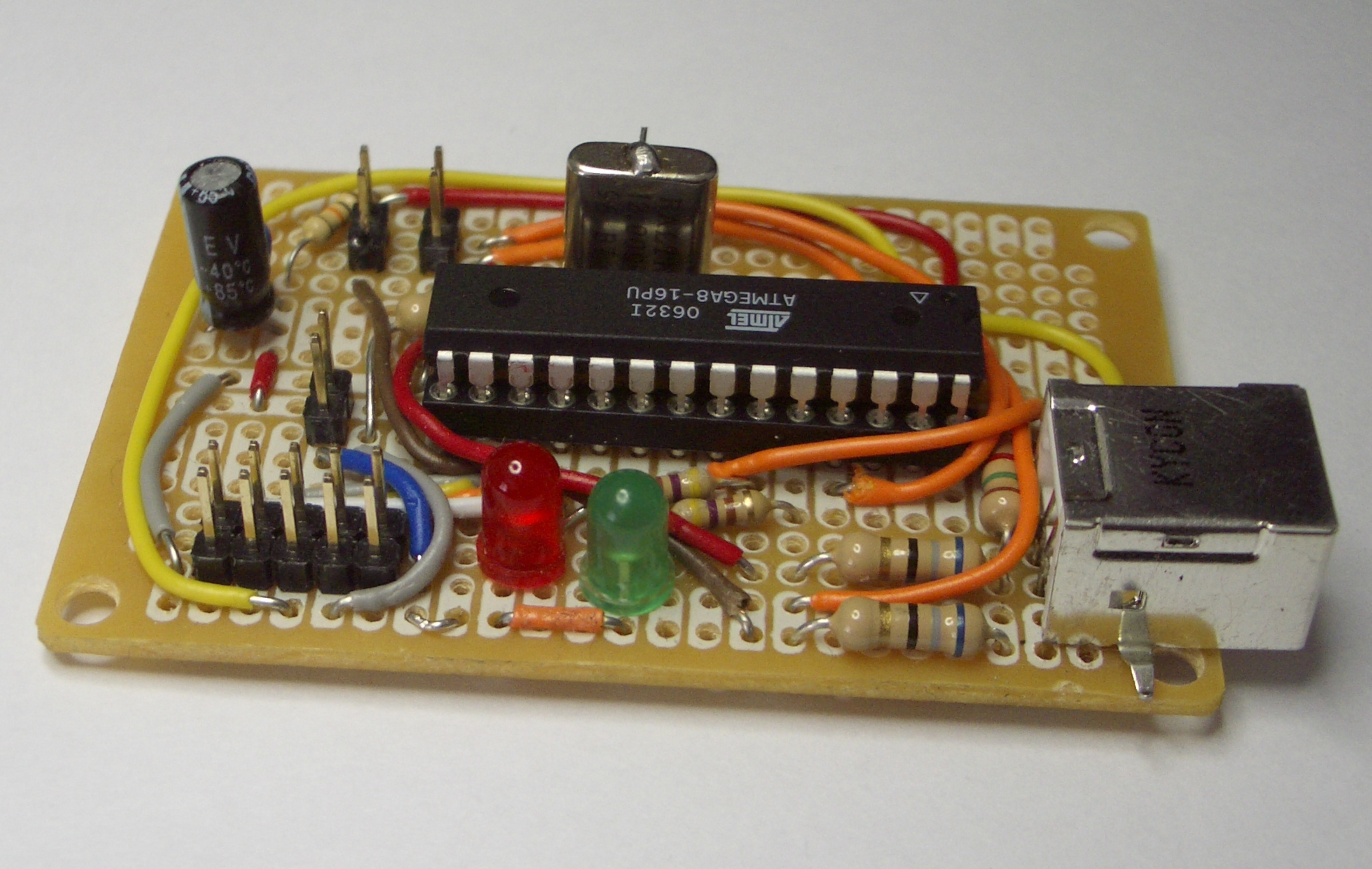- Usbasp Mac Os X Driver
- Windows 10 Internet Driver Download
- Usbasp Driver Windows 7
- Lc Technology Usbasp V2.0 Driver
Linux and OS X users can skip this section (although if you're a Linux user, make sure to read the Permissions on Linux section at the bottom of this page.) Windows requires a generic USB driver in order to communicate with the USBAsp. The programmer uses a firmware-only USB driver, no special USB controller is needed. USBasp is a low-cost programmer for AVR microcontrollers. It uses a pure software implementation of the USB communication protocol and it can be easily used with laptops. Works under multiple platforms. Linux, Mac OS X and Windows are tested. The driver will work on both 32 and 64 bit platforms. On Linux And Mac OS X no kernel driver is required, just use AVRdude and specify the correct port. The programmer will work with a wide variety of Atmel AVR microcontrollers including the Atmega8a and Atmega168a. USBasp is a USB in-circuit programmer for Atmel AVR controllers. It simply consists of an ATMega8 and a few passive components. The programmer uses a firmware-only USB driver, no special USB controller is needed. Some of the key features include: a. Works under multiple platforms. Linux, Mac OS X and Windows are tested, b. Support for Windows, Mac OS X and Linux (will work on. These AVR programmers are based on Thomas Fischl's USBasp design and connect to your computer's USB port. Not only are they quite compact (70x20mm), but the design is really elegant. The USB interface is achieved by using an atmega8 processor and the rest is done in firmware.
The CH340G USB-to-UART chip is used by a number of inexpensive development boards (e.g. WEMOS and LOLIN branded boards) and USB-to-serial adapters. It is manufactured by a Chinese company called WinChipHead or WCH (International web site, Chinese web site). Unfortunately, it often causes problems on macOS. This guide helps you resolve any problems you might have with the boards and adapters.

Like many USB-to-serial solutions, it requires a driver that creates the serial port when the board or adapter is plugged into a USB port of your Mac. Starting with macOS 10.14 Mojave, macOS provides suitable drivers out of the box, implemented by Apple itself. So no additional software is needed.
Main issues
There are three main issues:
- Most boards only work for upload speeds / data rates up to 460,800 bps.
- Many users have additional drivers from WCH or Repleo installed, either from earlier macOS versions or because of obsolete tips and instructions on the internet. With the additional drivers, two serial ports will be created and one of them will be non-functional. Furthermore PlatformIO will no longer be able to automatically select the port.
- There are many forums and web pages with instructions how to install the WCH driver. Unfortunately, they are obsolete. While they were helpful back then, they now cause additional trouble.

Setup
Do not install any additional software for the CH340G if you are using the macOS 10.14 Mojave or later (including macOS Big Sur). macOS includes all the required components. Additional software will cause additional problems.
In your PlatformIO project, add the below line to platformio.ini and you should be ready to upload your sketch:
If you have an older macOS version and cannot upgrade to the latest version, you can download the driver from here.
How to check for Apple drivers
macOS Catalina, macOS Big Sur and later:
should result in something like:
For macOS Mojave, check with ls -l /System/Library/Extensions.
How to check for other drivers
You can check for additional drivers by executing (in a terminal):
The output will look something like this:
The last entry usbserial.kext is the WCH driver. You should uninstall it (see below). The same would apply to the driver from Repleo. It’s called osx-ch341.kext.
If you can’t see any of these drivers, also check ls -l /System/Library/Extensions.
How to uninstall the WCH driver

To uninstall the driver:
- Unplug all boards/adapters with a CH340G chip
- Execute the following commands to first unload and then uninstall the driver:
If you remove the driver without first unloading it, you will have to reboot your Mac. If you stick to the order, no reboot is required.
If you want to remove a different driver or a driver in a different location, modify the command line, e.g.:
Usbasp Mac Os X Driver
How to limit the upload speed

The CH340G and/or its driver do not reliably work with speeds of 921,600, yet that’s the default in PlatformIO for many boards. So the below line is required in platformio.ini:
Windows 10 Internet Driver Download
Monitor speed is usually 115,200 and therefore does not need to be changed.
Checking for the serial port
Usbasp Driver Windows 7
When you plug in your board, the serial port should appear in /dev and have a name starting with ‘cu.’:
This is the list of all serial ports. /dev/cu.usbserial-1410 is the serial port created by Apple’s driver.
If the output however looks like so, there is a problem:
Two entries have been created for the same board because two drivers for the CH340G chip are installed. One of the ports will work, the other one will cause an error when a connection is attempted. The solution is to uninstall all non-Apple drivers (see above).
Troubleshooting
The general approach for troubleshooting is:
- Uninstall the WCH driver
- Limit the upload speed
- Reboot
Specific problems
Resource busy: ‘/dev/cu.usbserial-1410’
If a resource busy error, occurs, the selected serial port is most likely blocked by a second driver. Uninstalling the WCH driver or other non-Apple drivers (see above) should fix it.
Timed out waiting for packet content*
Lc Technology Usbasp V2.0 Driver
If a Timed out waiting for packet content error occurs, the upload speed is likely too high. Limit the upload speed (see above) to fix the issue.